|
Savory – The Summer Variety Is A Kitchen Favorite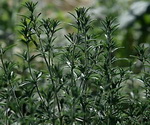
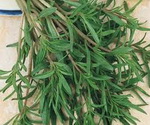
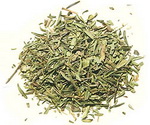
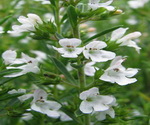
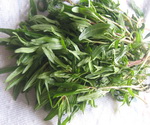
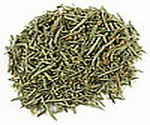
Savory is a member of the Lamiaceae family also known as the mint family. There are two forms of the herb summer with botanical name Satureja hortensis which is preferred by cooks, and the winter herb Satureja Montana which is preferred by gardeners. The summer herb is a small, slender herbaceous plant with hairy, branching stems, with long leaves that are green to bronze green in color, and small lavender, pink or white flowers. The aroma is like that of thyme with a hint of marjoram. The taste is peppery and pungent.
The winter herb is a hardy, woody perennial that is stiff looking. The narrow leaves are green and glossy, with small lipped white flowers. The winter variety is smaller than the summer variety. There is a subspecies of this variety that has a lemon scent that tastes like lemon thyme.
Origin Savory is native to the Mediterranean. History The herb was valued by the Romans and introduced to the British over 2,000 years ago. The herb is also popular with the Germans and Dutch. In Turkey the herb is popular in one of their herb blends. The herb also had some medicinal use in ancient times. History The herb was valued by the Romans and introduced to the British over 2,000 years ago. The herb is also popular with the Germans and Dutch. In Turkey the herb is popular in one of their herb blends. The herb also had some medicinal use in ancient times. Buying/Storage The summer variety is available seasonally from those that are specialty produce retailers, and keeps well in the refrigerator when placed in a glass of water and will last for over a week if the water is changed frequently every day or so. The herb can also be successfully frozen. The dried herb is available all year round and can be stored for up to two years in an airtight package in a cool, dark place. Use The herb is good for mild foods without being overpowering. The herb complements egg dishes, as well as beans, lentils, and peas. Slow cooked dishes such as soups and stews also benefit from this herb. The herb is also great in stuffing and coatings for fish and veal, sprinkled on roast poultry, pork, meat loaf, and sausages.
For some great sections on herbs and spices some great references are: • The Spice and Herb Bible – Second Edition by Ian Hemphill with recipes by Kate Hemphill • The Food Encyclopedia by Jacques L. Rolland and Carol Sherman with other contributors • Field Guide to Herbs & Spices by Aliza Green • The Contemporary Encyclopedia of Herbs & Spices – Seasonings For The Global Kitchen by Tony Hill
Cooking Basics
|
Savory Botanical Cycle
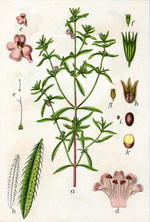
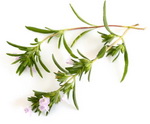
Mint Family
Basil
Marjoram
Mint
Oregano
Rosemary
Sage
Savory
Thyme





